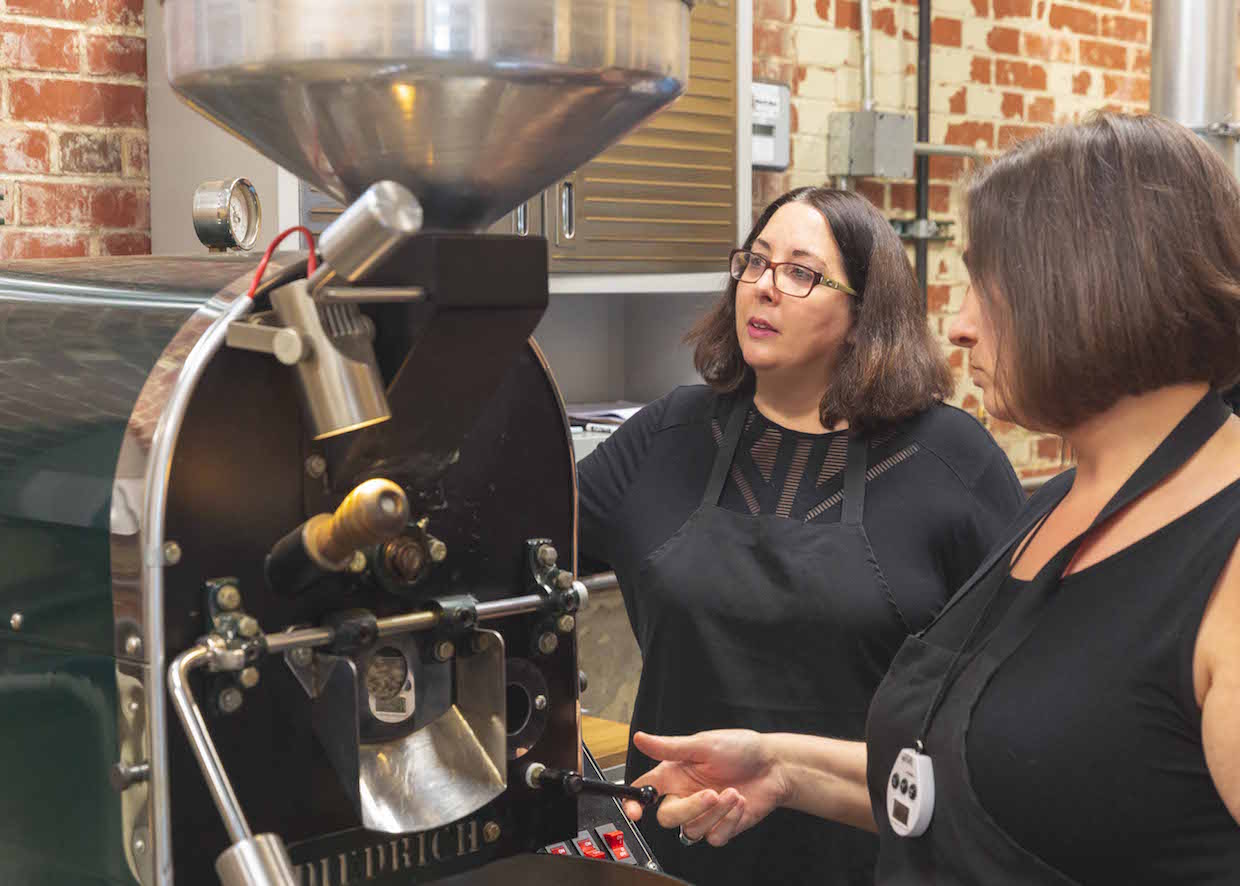
Ildi Revi has always been drawn to the place where coffee and education intersect. Photo courtesy of Tony Abbott / Ally Coffee.
Ildi Revi, the director of learning at green coffee importer Ally Coffee, began her career in coffee over two decades ago after she married a coffee farmer in Zimbabwe. Since then, the self-proclaimed coffee tutor has shared her extensive industry knowledge with hundreds of students, while training countless others on best practices for sharing their own knowledge.
With a background in workplace learning, Revi has always been drawn to the place where coffee and education intersect. Shortly after opening Leopard Forest Coffee Company, a vertically integrated roaster-retailer business in South Carolina, which she owned from 2005 to 2015, Revi began volunteering for the Specialty Coffee Association on the training committee. The contributions Revi made during this time led to the SCA offering her a role on staff as education manager in 2011, formalizing and expanding on the association’s certificate programs and instructor development program.
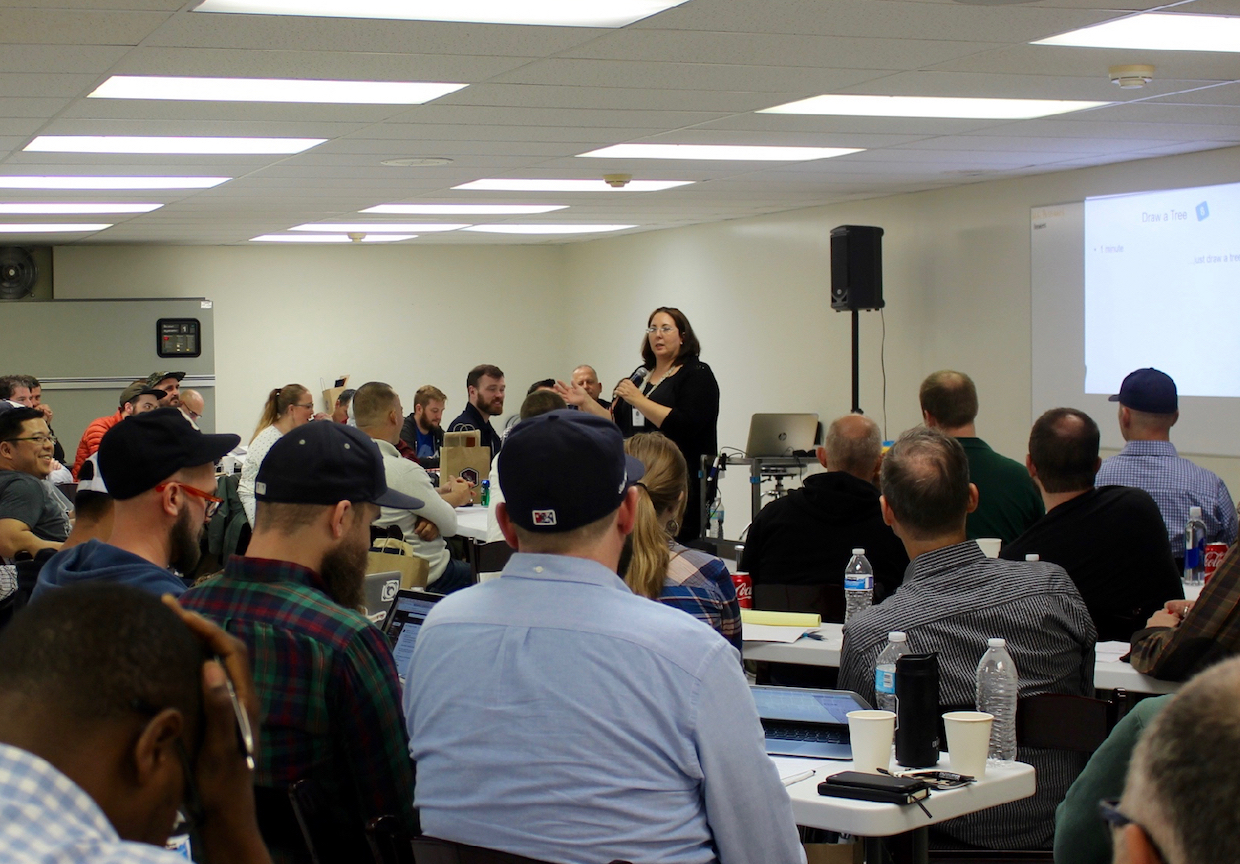
Ildi Revi at the inaugural Coffee Technicians Guild Summit in November 2016. Daily Coffee News photo / Lily Kubota.
In 2016, Revi left the her role with the SCA to get back into the industry, joining Ally. In her new role, Revi had to learn in depth about the Food Safety Modernization Act, and became a Preventive Controls Qualified Individual (PCQI) through a graduate course at Michigan State University. She also teaches courses at Ally’s SCA Premier Training Campus and elsewhere as an Authorized SCA Instructor (AST) and Credentialed Q Instructor.
We caught up with Revi to chat about the coffee industry’s landscape of learning, and how individual coffee professionals might navigate it to help propel their own personal and professional aspirations in the field.
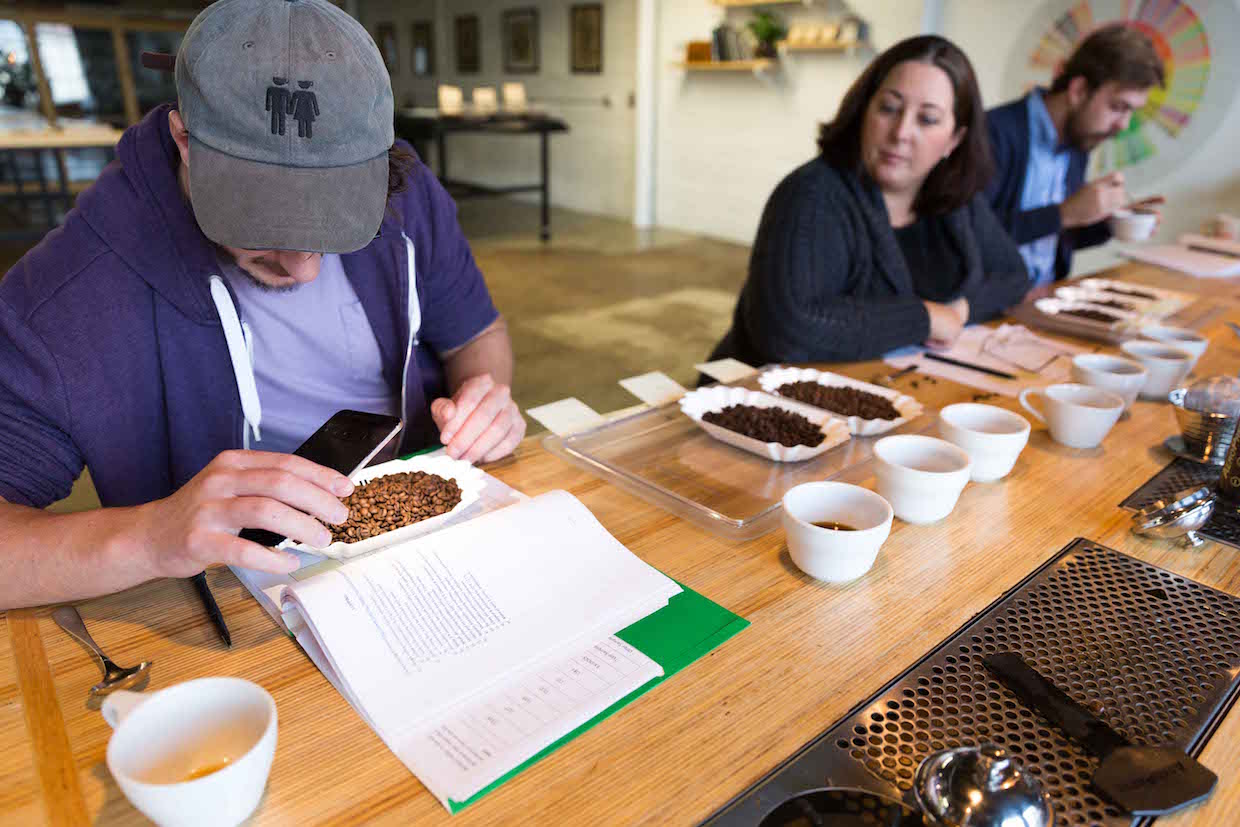
Ildi Revi overseeing students in a course at Ally Coffee’s training campus. Photo courtesy of Tony Abbott / Ally Coffee.
What do you see as the fundamental purpose of education programs in coffee?
Learning programs — I prefer to use the word ‘learning’ rather than education or training, because most of us learn from each other in coffee — are embedded in several main areas, but the theme remains the same: They should support the mission and vision of the organization, whether a coffee farm, a wholesale roasting company, an export or import company or a coffee shop.
Every organization needs to identify where learning will help drive the business or industry forward. If a formal, organized education program is not the best solution for the business, learning can also happen through coaching, mentoring, joining associations, attending events, reading trade journals or watching videos.
It is important for companies to be cautious of applying education or training as a fix to a problem that is not a problem due to lack of knowledge or skills. Often improving systems, processes, materials and equipment are a better solution and use of money than a training program. Similarly, work load and work design need to be analyzed before embarking on a learning solution.
Hours of training will not help improve performance of people or the company if they have disorganized work flow, poor systems, or incorrect (or lack of) tools to do the work. Paying attention to the non-coffee aspects of the business — such as human resources, food safety, business systems, sales training, website development or optimization, social media management, or science — can help fuel appreciation of the coffee parts as well.
What are some of the obstacles the coffee industry faces when it comes to establishing learning programs?
It is a challenge to create formal, traditional vocational education for coffee because the industry is so complex, and it can be ineffectual to transition skills from the classroom to the workplace if there isn’t a mentor-type person back at work helping to connect the classroom learning to the job site. This is primarily due to different types of equipment and systems. Knowledge and experiences can be transferred, but unless there is immediate application of classroom knowledge and experience back at work, the classroom-based learning doesn’t always stick.
Having a standardized curricula can be useful for a few of purposes, such as helping newcomers to the industry or assisting people in one area of coffee to move into a different area, or those learning a critical skill.
How would you describe the landscape of coffee education currently?
Much of coffee learning today still happens primarily on the job. In the barista profession, the education is usually a combination of formal, apprenticeship and informal learning, where the company has a written, systematic program for baristas that combines with coaching behind the bar, and then a lot of interaction with other baristas, as well as online videos that demonstrate different approaches.
Roaster education still seems to be acquired primarily through traditional apprenticeship approaches. The larger companies have more formal, designed training, but most small and medium size companies still train by using an experienced roaster guiding a new roaster through the steps of roasting on their particular equipment.
When it comes to the green coffee aspects of our industry, there is less available in terms of general courses people can take. Mostly people learn on the job, because importers have their own particular systems, from inventory controls to contracts to roasting and cupping methods. Green coffee is a product with so much variation, that only through dealing with hundreds of samples from all over the world of various qualities over several seasons can a green buyer move from beginner to intermediate and advanced levels, which of course has to happen almost entirely on the job.
Three Questions with Ildi Revi
What inspires you most about coffee?
The vast depths of unknown aspects of coffee still to be discovered. The health benefits of coffee. The technology developing for roasters.
What troubles you most about coffee?
The “C” market, and also the fact that lots of importers and roasters pay way over C price, but that isn’t acknowledged. Also, finding ways to connect coffee producers into the specialty system to get them access to partners who will value their work in various ways.
Another thing that troubles me about coffee is the lack of awareness of the fact that we are producing a food product for public consumption. I am troubled by the number of companies that are not aware of the formal definition of Good Manufacturing Practices, that it is actually U.S. law, and regardless of size of the company, why wouldn’t you want to follow these? Many roasters look at GMPs as the government interfering, when they should be looking at them as one of the best ways to demonstrate why people should pay more for specialty coffee.
What would you be doing if it weren’t for coffee?
I’d be working for organizations in Mozambique and traveling around Africa.
[Editor’s note: This interview has been edited for space and clarity.]
Lily Kubota
Lily Kubota is the managing editor and digital content manager for Roast Magazine. She is based in Southern California.
Comment
1 Comment
Comments are closed.



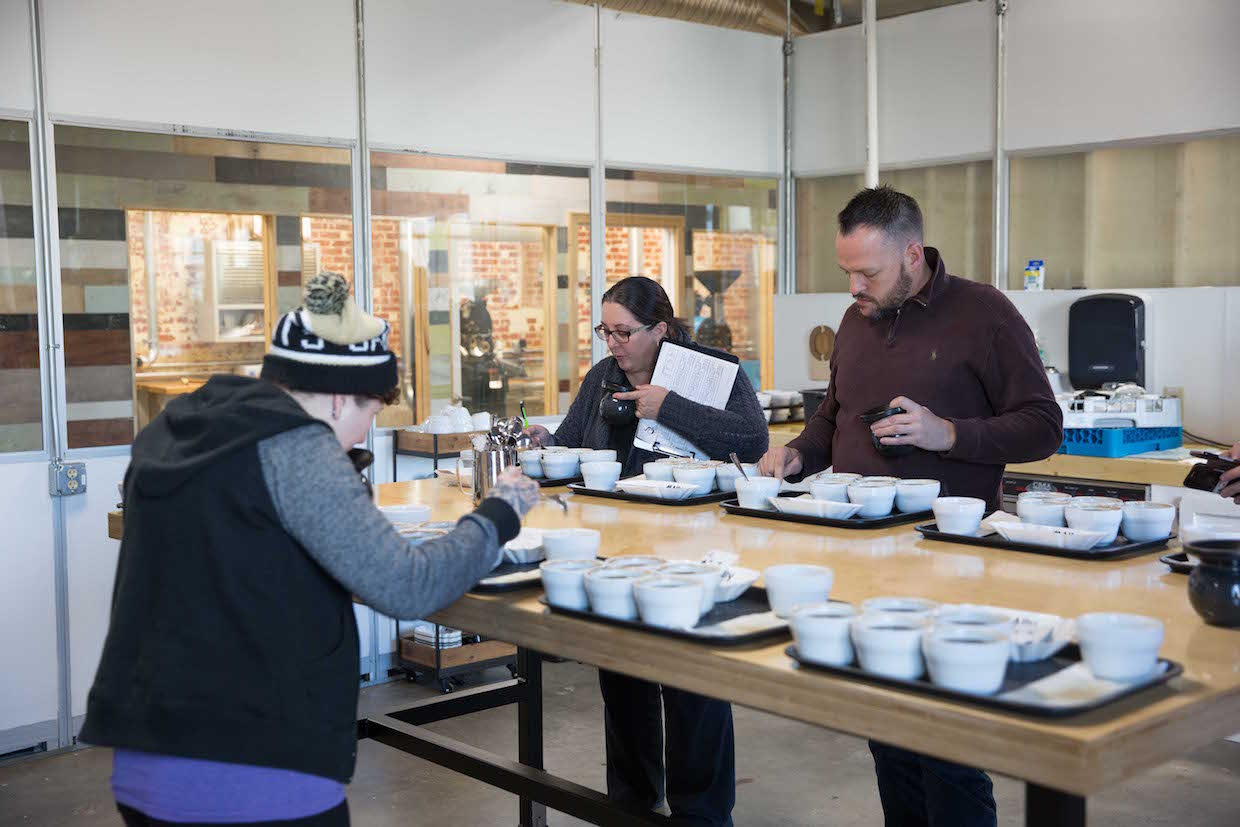
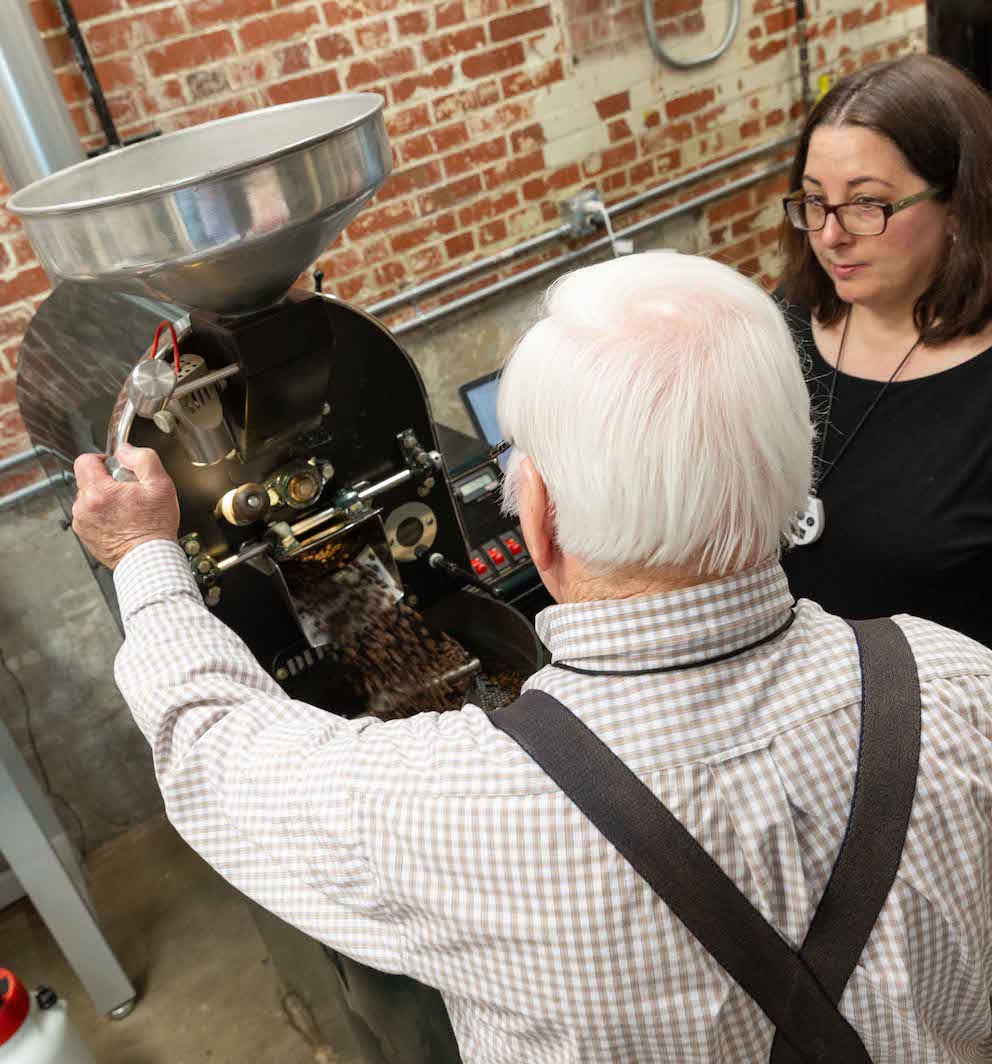
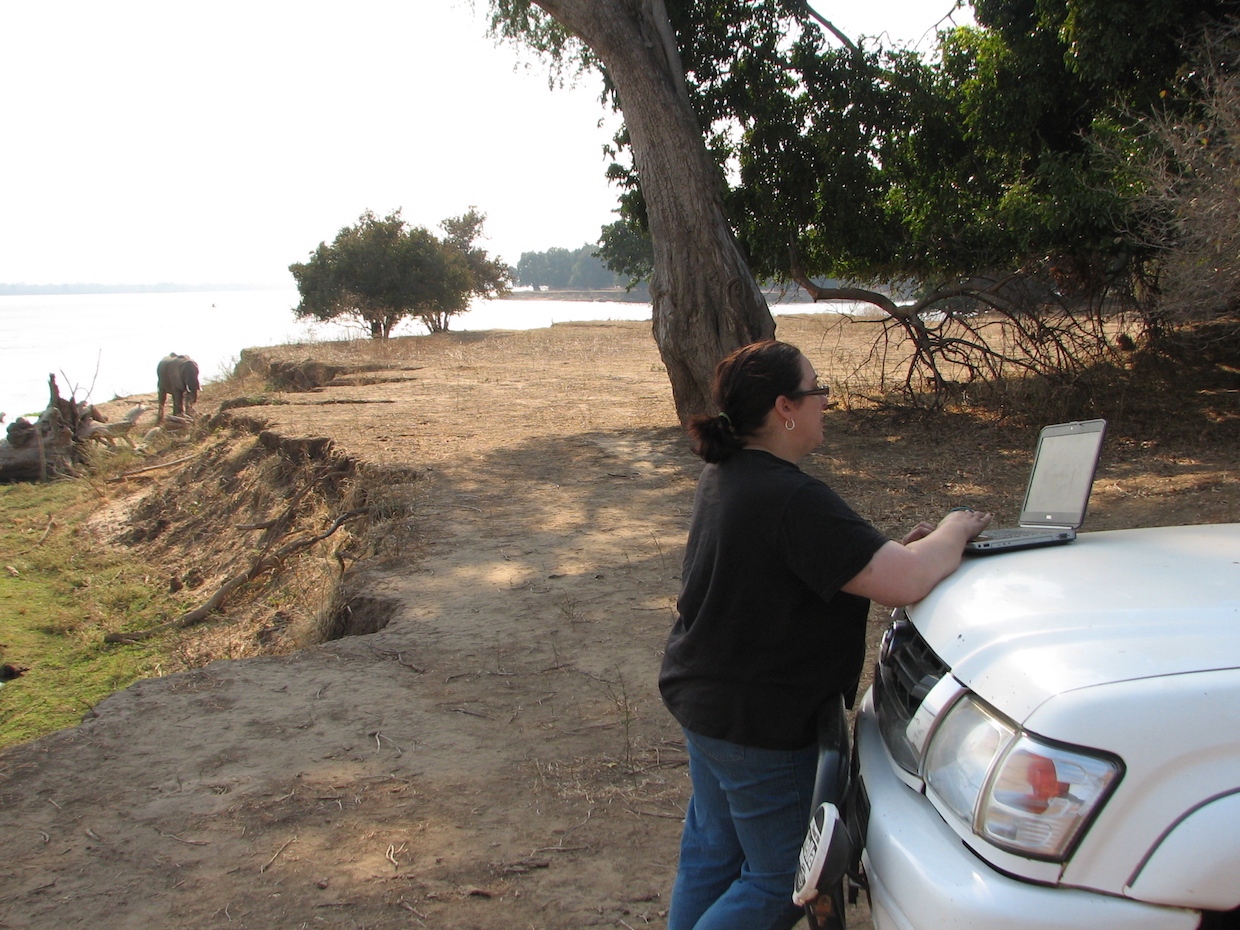



A few years back I became interested in teaching formally in coffee, and decided to bite the bullet, pony up, and endure the Instructor Development Programme in the SCAA. I did not think a full day of learning how to teach would be interesting OR sure valuable. I’d completed a BA in college….. yeah, right. More “schooling”)
Boy was I surprised. Ildi was the instructor for the day, and she is NOT your garden fariety of teacher/instructor. First off, within a few minutes she knew all of us by name, and where we were from. 20 or 25 of us, as memory has it. Next she took us into exploring how what we’d be doing once we complete the day was different than, say, college courses. Adult education is different, and besides this was specifically goal oriented, that is, was designed to impart a specific body of knowledge to equip the learners in practical skills with specific applications. I left the facility completely energised mentally, and excited. She kept in touch with me and helped me design a future set of courses to take to better equip me to not only excel at the instructing, but learn many new areas to which I’d not yet been exposed. When our paths would cross at events, she would always take the time to sit with me and catch up on each other. I was really sad (perhaps a bit selfishly so) when she shared the news of her departure from SCAA. I know she was a major and key guiding influence as SCAA developed the various programmes and the method, or pattern, by which it would all work. I strongly believe the pre-merger system she helped develop is far superior to today’s new system. I am glad to see she is still involved in teaching in this industry. She is very passionate about it all, incredibly knowledgeable, approachable, and plenty of fun as we “get down to it” with the learning. I will always be thankful for the influence she had on me early on in my learning journey.